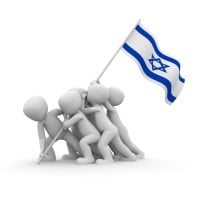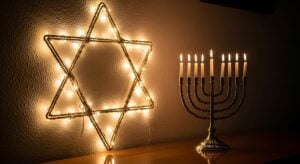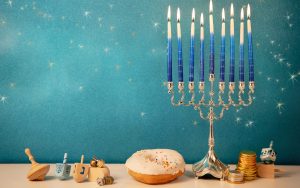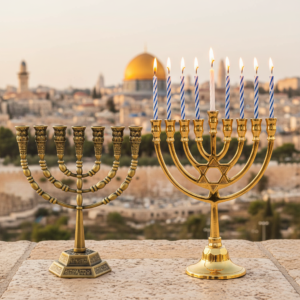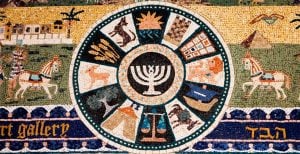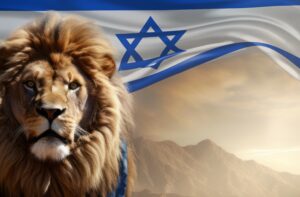This Sunday night marks the beginning of Yom HaZikaron LeChalalei HaTzava LeYisrael ULeNifga’ei Peulot HaEver – Memorial Day for Fallen Israeli Soldiers and Victims of Terrorism. Known colloquially as Yom HaZikaron it is Israel’s day national mourning for those who died fighting for her right to exist.
In Israel, this solemn day is observed in several ways. National flags at official sites such as army bases and government offices are lowered to half-mast; subdued programming featuring war documentaries replaces regular scheduling on television channels; at night, shops, businesses and places of entertainment are closed by law. A huge ceremony is held at Mount Herzl (Israel’s military cemetery in Jerusalem) during which the President and Prime Minister address the nation, special prayers are recited, and a two-minute silence is observed. Soldiers are situated at the graves of deceased soldiers and terror victims across the country, and black ribbons adorn their headstones. It is a day of national grief and communal mourning.
As daylight fades, Yom Hazikaron ends and Yom HaAtzmaut – Independence Day – begins. The national holiday begins with a joyful ceremony in which the country’s flags are once again raised to full mast, and the streets are festooned with streams of blue and white flags and bunting. Local municipalities arrange street parties, concerts and fireworks displays for their residents and people spend their precious day off work hiking, barbecuing and relaxing with their families,
That these two days are juxtaposed is weird at best. With the setting of the sun, we expect grieving families to rise from their children’s’ graves and join national celebrations; with the raising of a flag, we expect the spring’s evening breeze to dry our tears and blow away our heartbreaking sadness, leaving joy in its stead. Our calendar drives us from one extreme to another in a matter of minutes, and it begs the question – why? What did our state’s founders see in these two days that links them so uncomfortably, yet so innately?
This is Israel. Our small, proud state was founded on the back of the Holocaust’s terrors, the British Mandate’s bloodiness, and the wrenching loss of the Independence War. Our blue and white land is drenched in the blood of those who gave their lives to create it. It is saturated with the blood of those killed protecting our right to exist, whether by donning green in active defense or simply living when terror struck.
We cannot possibly celebrate Israel’s independence without first acknowledging the loss and strife that won it. We cannot celebrate the free and beautiful land that our children will inherit without paying our respects to those whose children were slaughtered. We cannot celebrate continuation when there are so many who were laid in the ground, gone but never forgotten.
Thus the two-pronged approach to marking Israel’s independence. First, the nation gathers at cemeteries to pay homage to our past; we honor those who made the ultimate sacrifice for the sake of the land. We wallow in collective grief, cry together as a people, and thank those who are no longer here for allowing us to be. Only then can we move forward and celebrate the vibrant beauty of Israel’s present, and the limitless potential and bright hope in our future.
